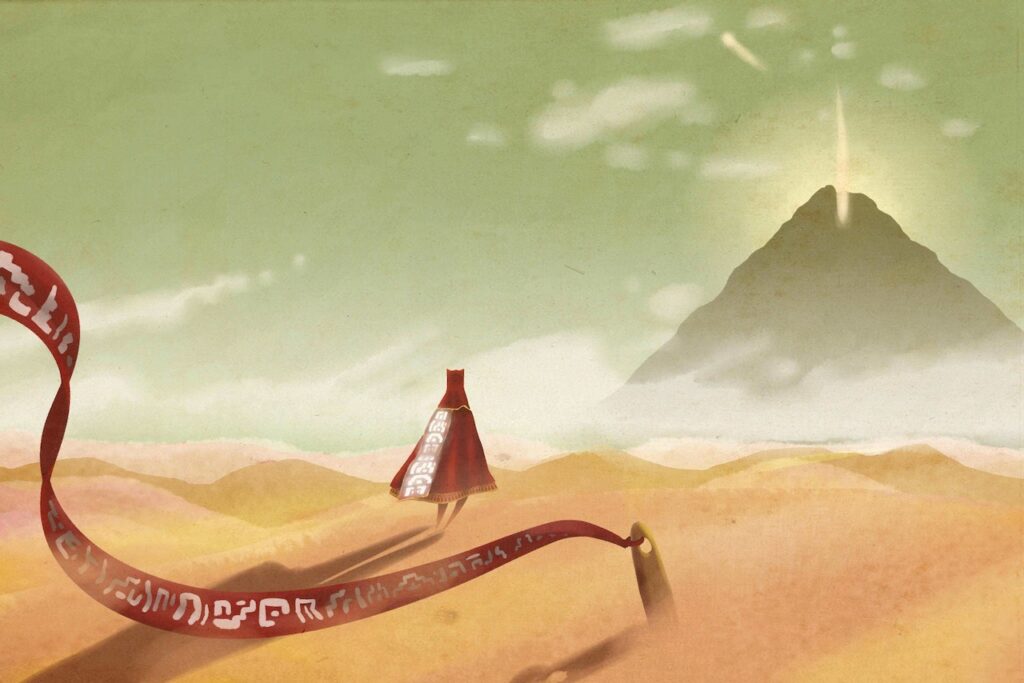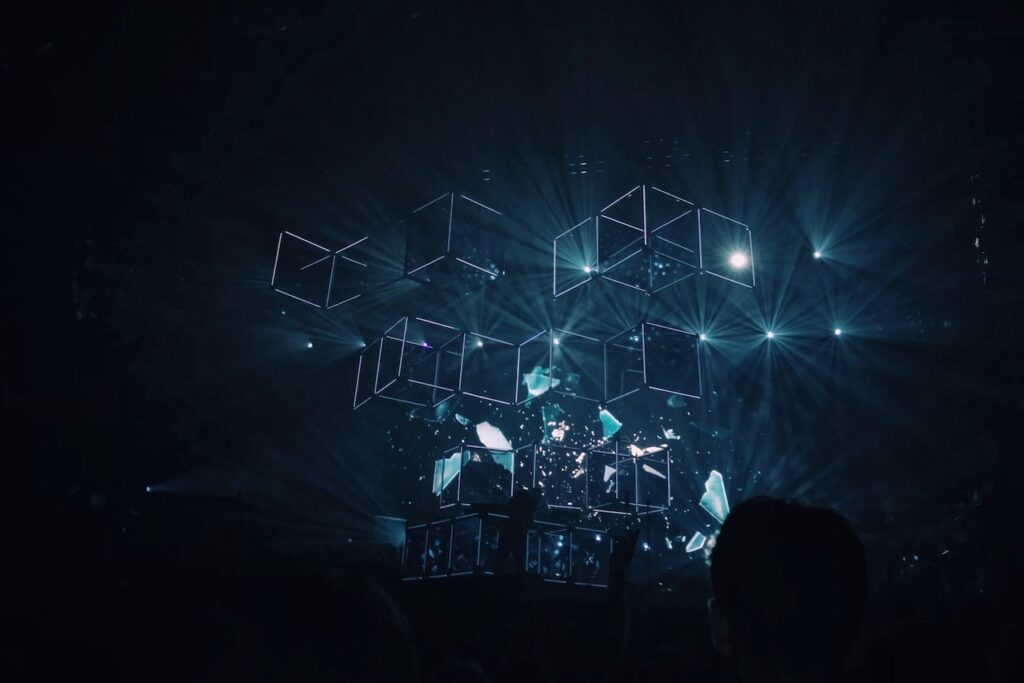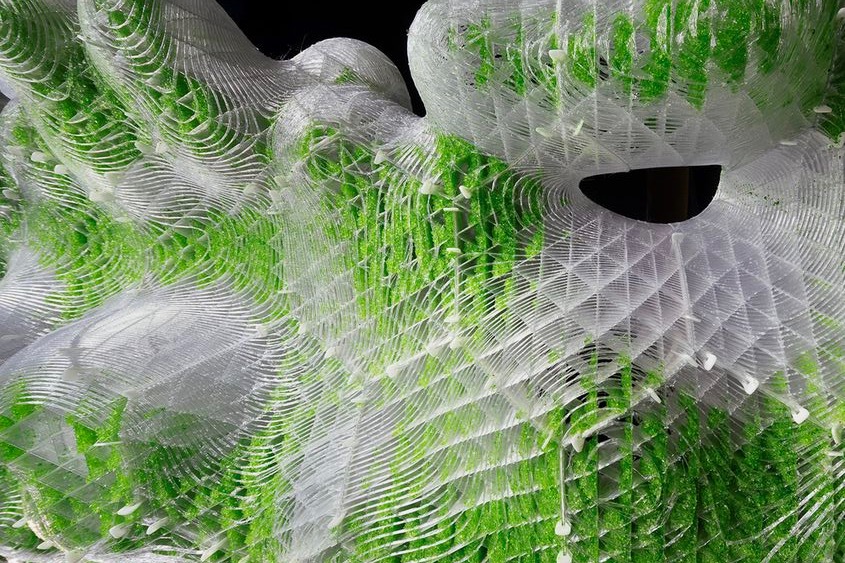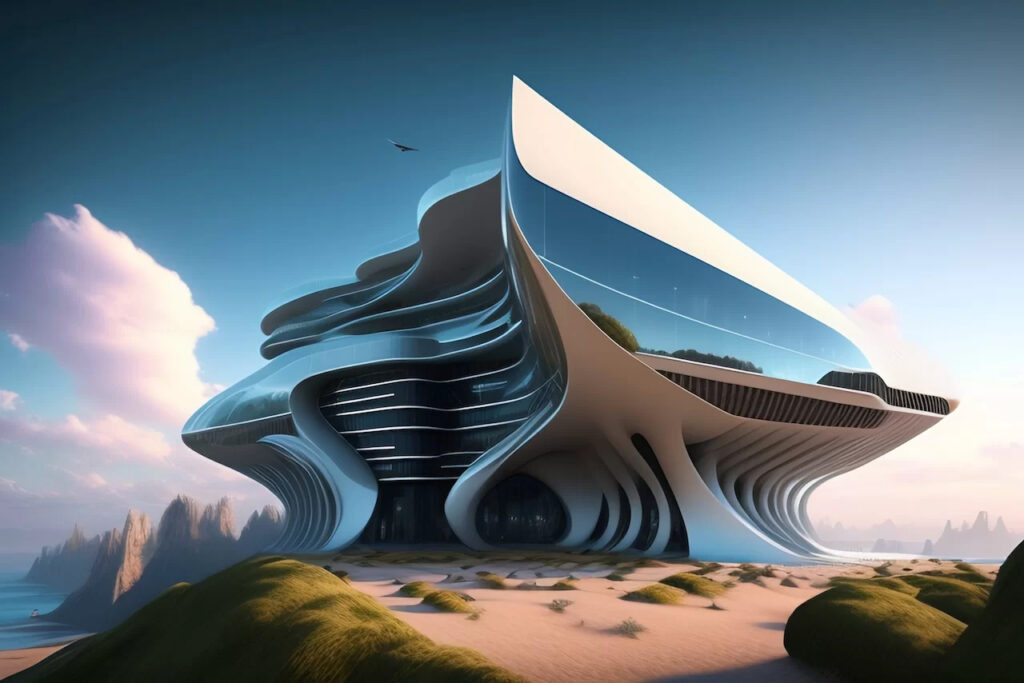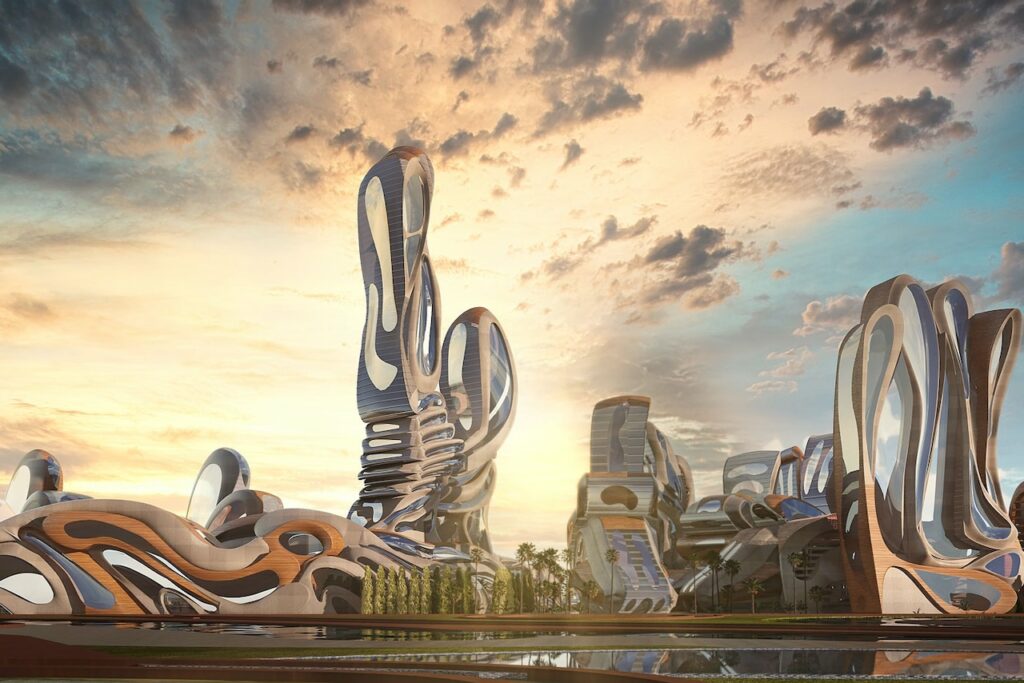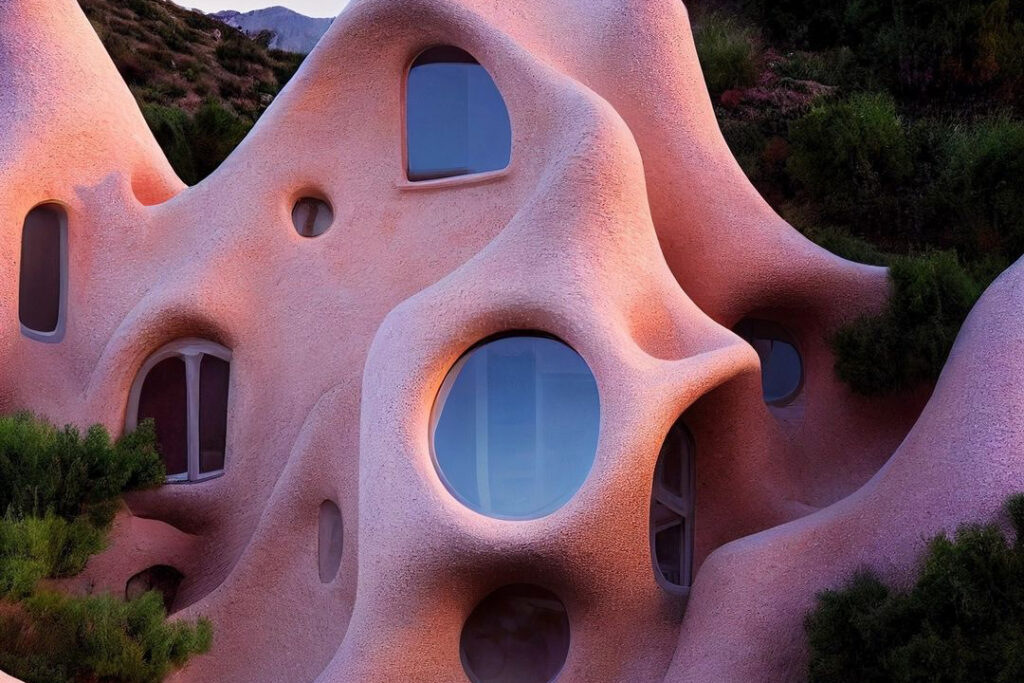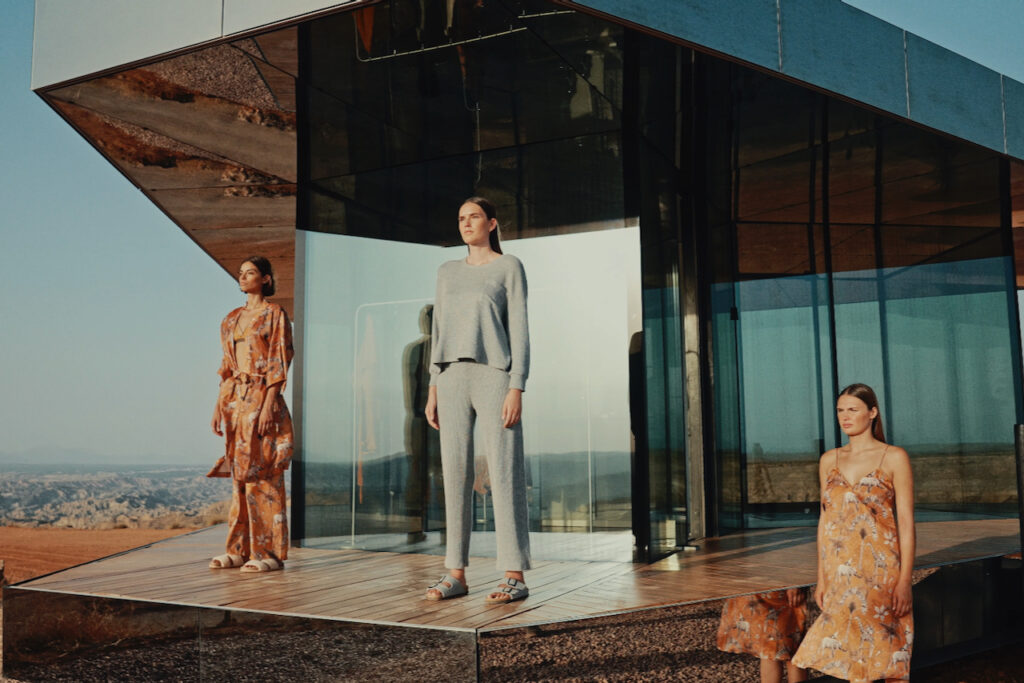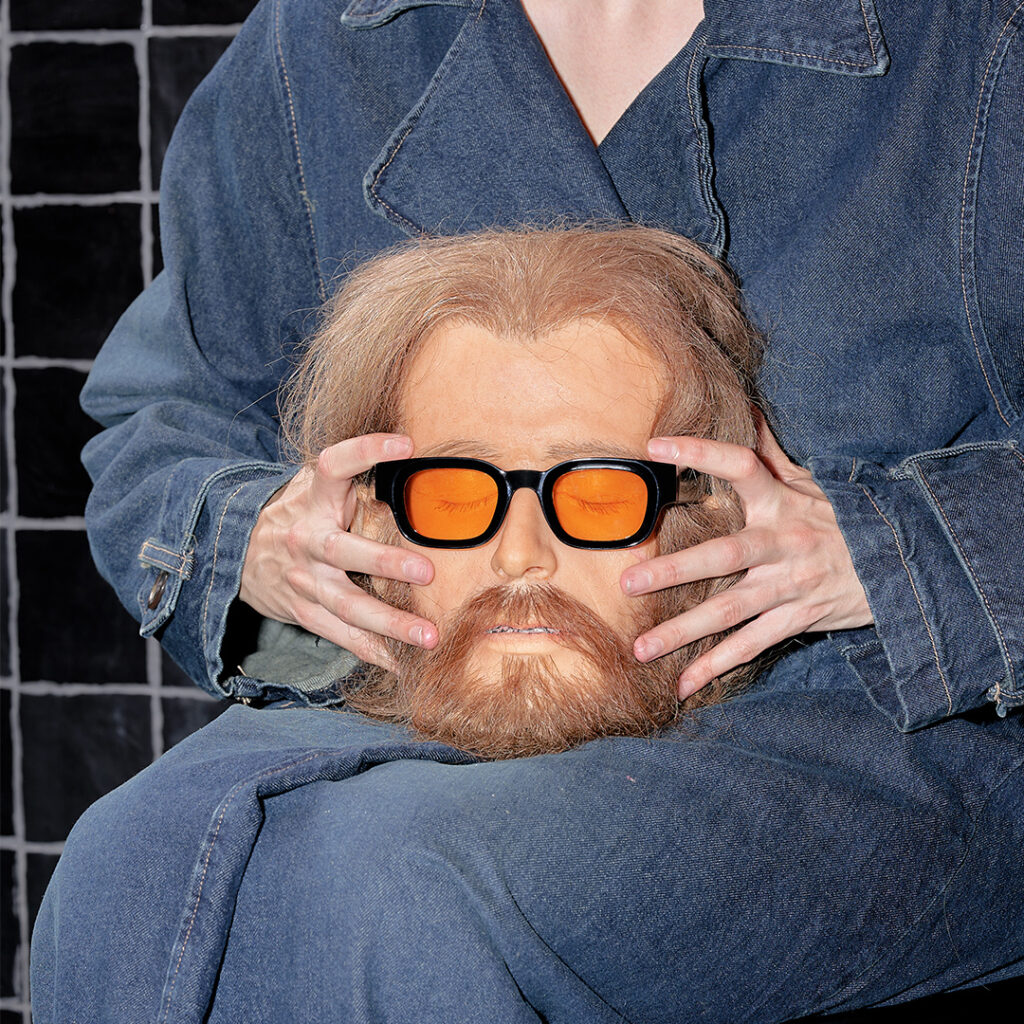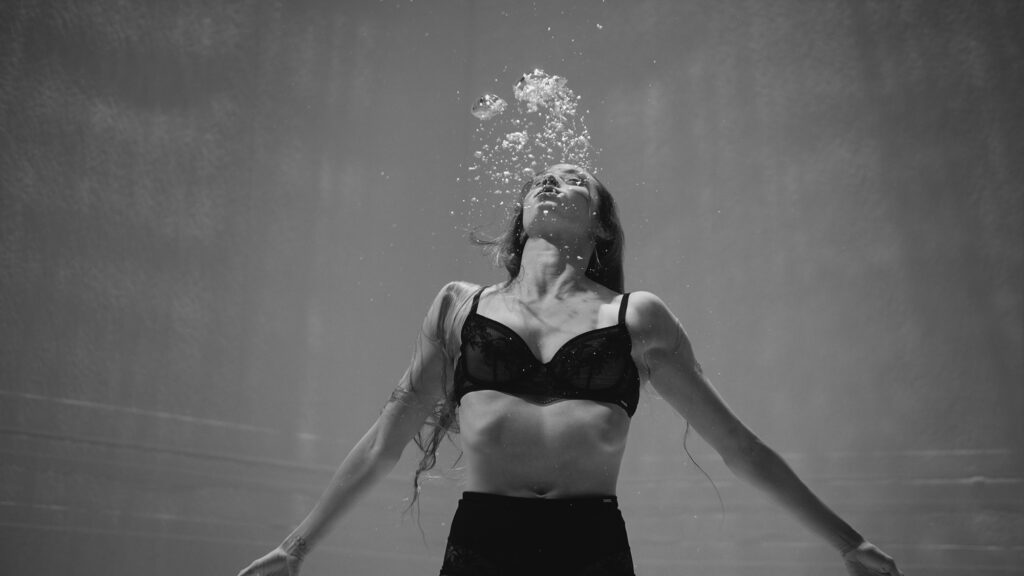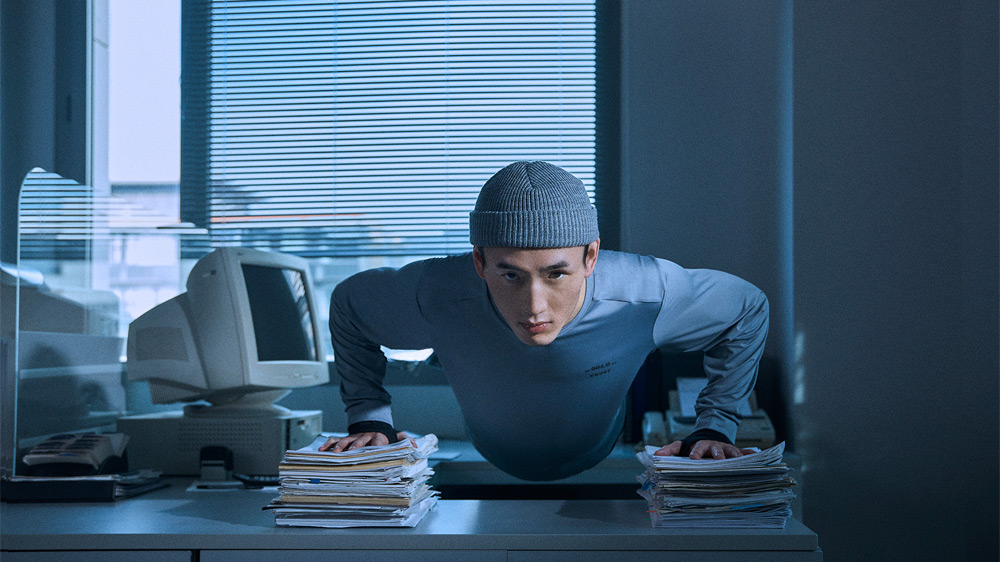“Ladies and gentlepeople, buckle up! Introducing the future of the creative industry… Where AI services replace actual talent and creativity, brought to you by the geniuses at OpenAI. Because why bother honing your skills and putting in the hard work when you can just let a computer do it all for you, right art community?”
You heard it guys, that’s it. Pack up. We’re done. Machines have taken over, we’re all replaceable. It’s only a matter of time until AI services rise and turn the tables. Sooner or later we’ll be the ones working for them. Right?
Well, not quite. We get it, change as sudden and as uncertain as the one brought about by AI is scary, terrifying even. But we’re beginning to think the world’s going at it all wrong… The world is divided as AI creeps into the creative sphere. Some fear the extinction of future artists, while others embrace its potential. But let’s face it, the truth lies somewhere in between. Perhaps the debate begin somewhere else entirely. Could it be that we have been approaching art the wrong way for so long we’ve forgotten what it was meant to be about?
A new perspective on the art community and creative industry
When new technologies arise, it’s always enlightening to listen in on the debates and discussions that ensue. It’s like peeking behind the curtains of society’s priorities. Oftentimes, the debates reveal more about our values and fears than the technology itself. For instance, the recent uproar caused by the potential impact of AI on the art community and the future of artists highlights our values and beliefs about the role and importance of art in society. And you know what? Perhaps this is an opportunity to do a little makeover. Perhaps it’s time to shift the conversation about AI’s impact on the art community and the creative industry.
It’s not about what an AI art generator can do, it’s about what it can’t.
Rather than fixating on the fear that AI-generated art will render human artists obsolete, we should focus on what truly makes art valuable. The current view of art as merely a product and a cash cow is misguided. Not to mention it also disregards the immeasurable benefits that art brings to both the artist and the audience.
Art is more than a collection of lines and colours. It definitely is much more than a bunch of nicely arranged pixels on a screen. It’s a journey that both the artist and the viewer embark on. A journey of self-expression, emotional exploration, and connection. AI-generated art may be able to mimic the final product, but it cannot replicate the unique and personal journey that a human artist experiences. AI art isn’t about making art. In fact, quite the opposite. AI art is about avoiding making art. Consequently, it can’t transmit that emotional, mental, and spiritual value to the viewer. The creative process, the mental stimulation, the effort, and the dedication put into art creation, are something that only a human being can truly experience.
Future artists still need to be human
Of course, it is natural to freak out when the unknown is coming at you at a vertiginously frightening speed. Particularly when it is seemingly bulldozing everything in its path. However, let’s not forget that nowadays, one of the key drivers for consumers supporting brands, artists, musicians, designers, you name it, is the desire to buy into a lifestyle. Consumers want to uphold certain values, or be closer to a creator they appreciate, be part of their community.
If we only value the end product, we overlook the essence of what art truly is: A form of self-expression. Art is a tool for personal and societal growth, a means of connecting people and creating a more empathetic world. The debate on future of jobs in the art community shouldn’t centre around the fear of AI replacing human artists. Instead, we should reflect on how we can harness the power of AI. How can we use AI to enhance the creative process and amplify the impact that art has on society? Let’s embrace the journey of art, and not just the final destination. Let’s value the unique, human qualities of creativity, empathy, and critical thinking. Only then can we set the stage for a brilliant future for the art community and tomorrow’s trailblazing artists.
How will AI services impact the creative industry?
Even if we manage to shift our perspective on art and all creative jobs or not, the impact of AI on the creative industry is undeniable. And denying it will get us nowhere. It’s not a matter of if no more, it’s a matter of when and how. And that’s precisely where we should turn our focus towards. We can either sit cross-armed, mad at the world and the machines for taking away our jobs and stamping us out of existence; or we can use this opportunity to take our power back and start blazing a new trail as AI-powered artists. How you ask? Well, first of all, we understand that not everything is going to change all at once.
The different phases of AI integration into the creative industry and society as a whole will happen at different paces in different markets. Therefore, they will require different attitudes from us as creatives, developers, entrepreneurs, marketers, brand managers, etc. We are in dire need of some introspection on how we want to participate in this process. What role we want to play in shaping the future of our industry?
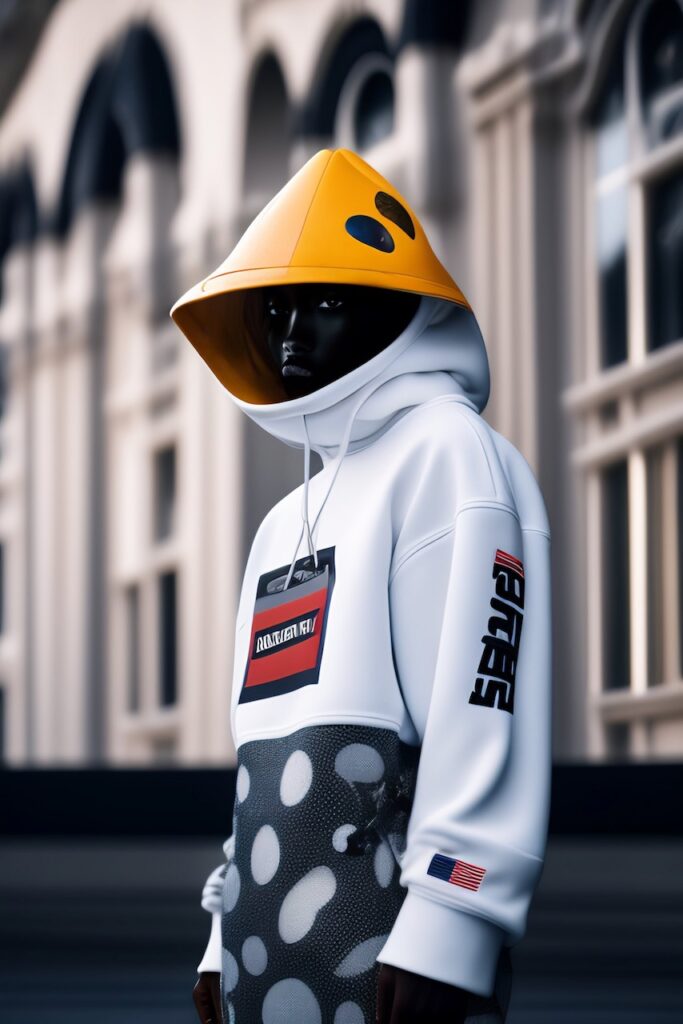
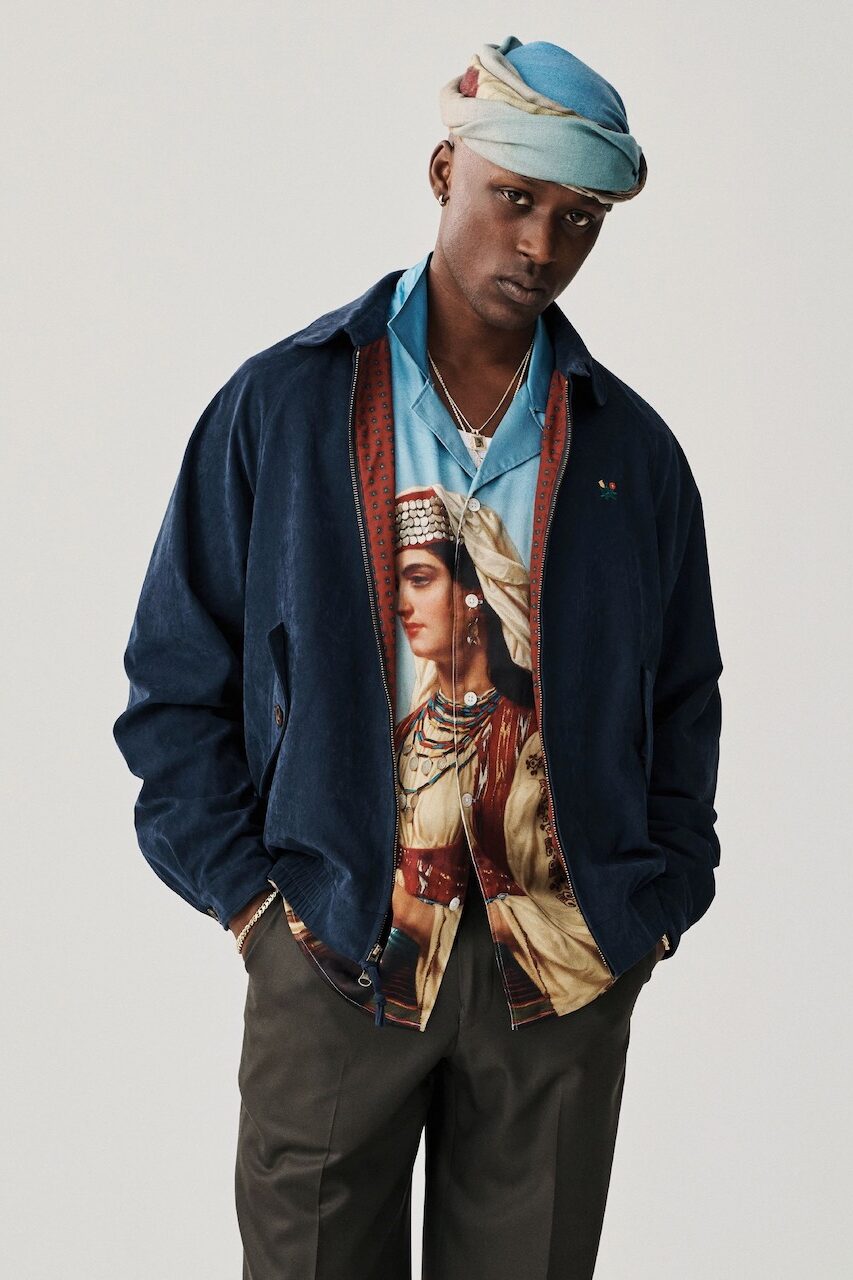
Short-term impact of AI services: Automation
The short-term impact will undoubtedly be all about the automation of certain tasks and hype for new tools to aid in creative endeavours. Right now it is clear as day that there are tools, either already out there or currently in development and testing, that could easily (out)perform human labour. People are jumping at the chance to use OpenAI’s ChatGPT as the new google, not to mention its writing capabilities. AI-powered software can help with content creation, animation, and design. Moreover, humans and AI can now work together to create new forms of art that were previously not possible.
However, these AI tools won’t immediately replace human workers. They will, however, be used to work more efficiently, and quickly, and test the boundaries of creativity and imagination. The potential for job losses right off the bat is not as alarming. These tools still require someone behind them who knows how to use them. I.E: How to make the best out of AI services and ensure the results aren’t generic.
Moreover, AI will allow creators to spend less time on menial tasks, and more time just creating. Let’s automate the mundane, and elevate the artistic guys!
Medium-term impact of AI services: Job loss and skill adaptation for future artists
The medium-term impact of AI in the creative industry promises to be nothing short of transformative. This is when we will witness the palpable impact of AI in the industry. As technology continues to evolve, we can expect a steady stream of advancements in AI, leading to a bounty of new and more advanced tools at our disposal. Of course, such progress will come with its own set of challenges, job displacement will possibly be most noticeable during this phase. AI tools will continue to evolve and learn to do more human tasks. Still, we will begin to see the fruits of job creation as a result of AI.
Let’s not forget the ethical considerations that will come into play. Something which we seem to overlook every single time impactful technological advancements occur. After all, technology advances faster than the social, ethical, economic, and political infrastructure needed to support it. We will also be looking at a deeper integration of AI into the creative process, leading to new forms of expression and previously unimagined possibilities for artists and designers. Additionally, AI can help companies to better understand and meet the needs and preferences of their customers, leading to more personalized and effective creative output.
We will still need talent behind AI tools
At this point, it will become common practice to use AI for tasks that are also creative, such as photo editing, writing, designing, concept ideation…etc. However, we will still need the talent behind it. Meaning, you might not need someone who knows how to specifically edit a photo, but you will need future artists, you will need someone who knows what the end result should look like, which is where the talent lies. So photographers and editors will not become obsolete, perhaps their tasks will shift but they will indeed still be very much needed for their artistic vision.
This phase will mark the difference of whether businesses and workers alike either simply survive AI – or not – or actually thrive in it. This will be the time for adapting our skills or perish. Sink or swim.


Long-term impact of AI services: Transformation of the creative industry
We’re talking about a total transformation of the industry, where AI becomes a seamless part of the creative process. The lines between human-created and AI-generated content will become blurry. Hopefully, once the dust has settled, so will the debate on authorship and ownership as well as the infrastructure to support AI and all its ramifications. Still, the real excitement will come from the birth of entirely new forms of art and media, made possible by the rapid advancements in AI technology.
The shift in the types of jobs available in the creative industry will be clear, as AI will finish taking over some tasks and establish new opportunities created in others. During this phase, we will finally put name, shape, and form to the jobs brought about by AI. All 97 million of them according to the World Economic Forum. There will also be a constant need for creative professionals to continuously upskill and adapt to the changing technological landscape. Moreover, the integration of AI into the creative process has the potential to ignite a fire of innovation and spark a new era of artistic expression.
What could go wrong with the impact of artificial intelligence on society?
We can’t forget that AI is quite a powerful tool, its impact grows by the minute.
OpenAI and ChatGTP founder Sam Altman has already warned that the future of AI is as amazing as it is terrifying. The possibility of AI systems being used for malicious purposes is very much there. We’re talking cyber-attacks, the spread of misinformation, and the development of autonomous weapons.
Altman is well aware of the tragic fate we could all face if such powerful technology continues to evolve and falls into the wrong hands or is misused. Who knows, maybe in 10 years’ time Science-Fiction will become our reality.
All jokes aside though, there is a genuine concern about the widespread unemployment AI services will cause. The 97 million jobs created surpass the projected 85 million that will be lost. Yet we highly doubt that these 85 million people will be the ones taking over the new jobs. As such it is crucial, imminent even, that companies start rolling out training. On top of that, workers themselves should learn the skills necessary to remain relevant in a future job market dependent on AI services.
We seem to be so excited about AI we’re forgotten about the loss of privacy and security that already takes place. A loss which will be exacerbated as AI systems collects and analyze large amounts of personal data.


We need to keep our focus on what matters: The advantages of artificial intelligence
Technology advancements are happening at a lightning-fast pace, and AI is no exception. It’s having a fundamental impact on our social structures, and it’s important to take a step back and assess what this means for our future. We need to embrace change and be proactive in adapting to new technologies. AI presents both opportunities and challenges, and it’s up to us to make the most of it.
Upskill, train, learn, adapt. And remember that when it comes to AI’s impact on the creative industry, it’s crucial to look beyond just the automation of certain tasks. AI can take over some tedious, time-consuming processes, it’s true. But it can never fully replace the human elements of creativity, empathy, and critical thinking. Not unless we, as a society, decide these characteristics don’t matter. If we care about art, and the process, AI shouldn’t result in artists becoming an extinct breed. Plus, jobs that require empathy and social intelligence – such as art therapy, social media management, and creative direction – will always require a human touch.
As we delve into the uncharted waters of AI and its impact on the creative industry, we stand at the brink of a new era of creation. Don’t choose between technology and humanity, embrace both.


